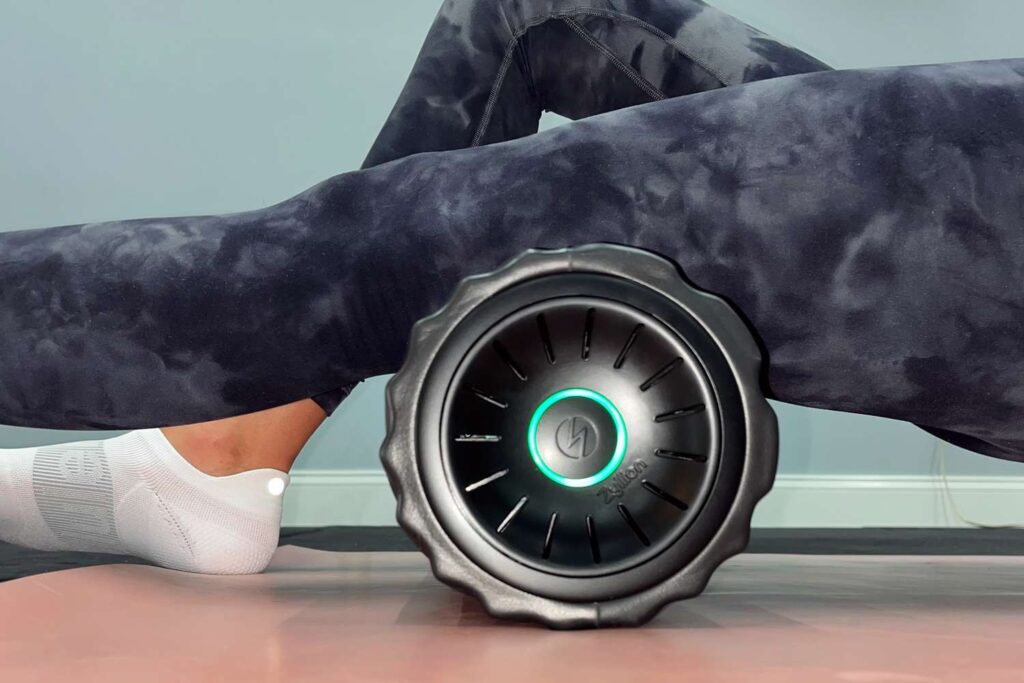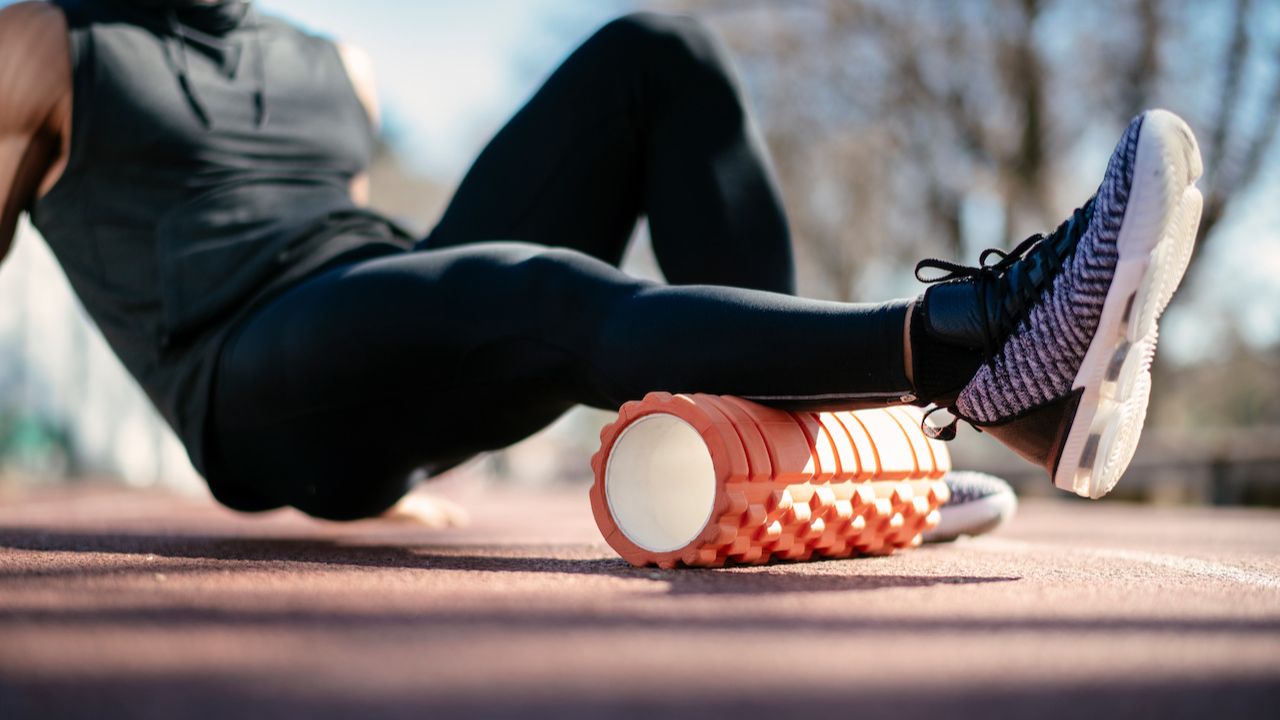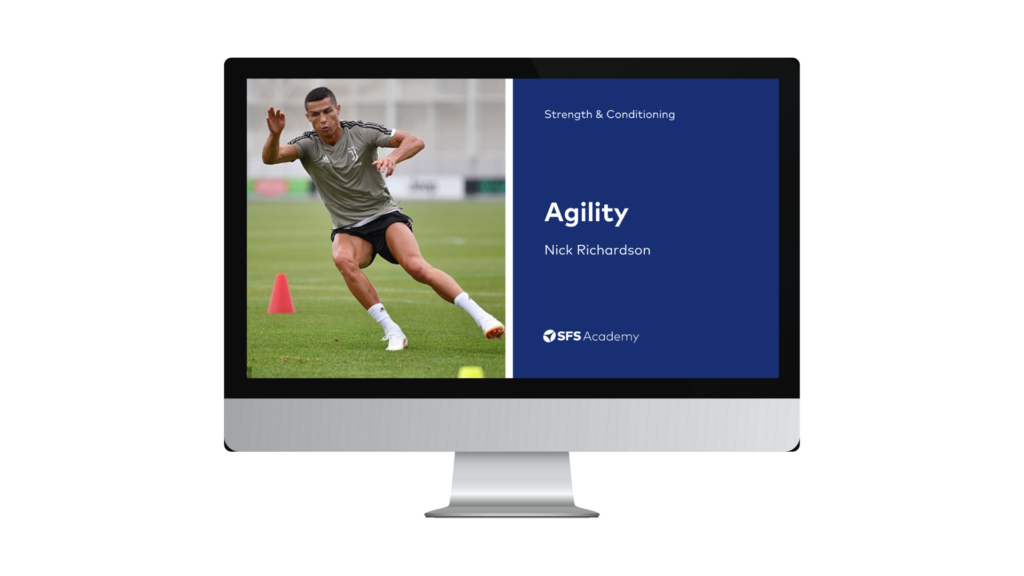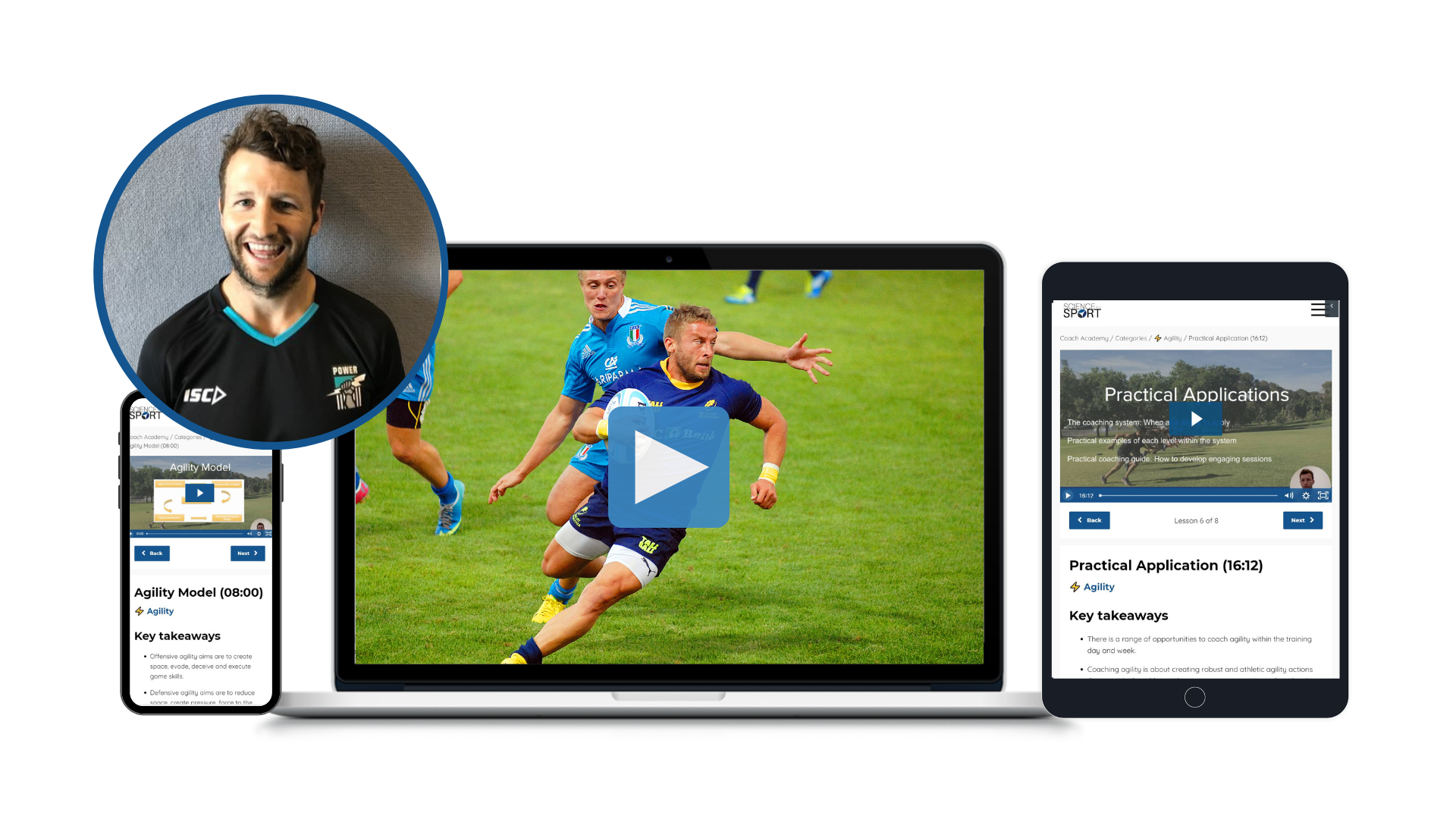This week in the world of sports science, here’s what happened…
- Vibration vs non-vibration foam rolling
- Is psychogeography the reason behind Antony’s playing form at Real Betis?
- The zero-gravity sleeping position
Vibration vs non-vibration foam rolling

Vibration foam rollers have gained significant popularity in recent years, and a recent study has provided valuable insights into the potential differences between vibration foam rolling and traditional non-vibration foam rolling. The study involved 36 young male footballers who were divided into three groups of 12: one group utilised vibration foam rollers, another used non-vibration rollers, and the third served as a control group. The foam rolling sessions were conducted three times a week for a duration of six weeks, with each session consisting of three sets of 30 seconds of foam rolling for each major muscle group.
The findings revealed that both foam rolling groups experienced improved agility, assessed through the T-test, and sprint performance, measured by a 20-metre sprint test, compared to the control group. Notably, it was only the vibration foam rolling group that displayed enhancements in a lower body reaction test, while both the non-vibration group and the control group showed no significant progress in that area.
This study indicates that both vibration and non-vibration foam rolling can be beneficial. Nonetheless, vibration foam rolling appears to be more effective in boosting lower-body reaction time. This research is definitely worth looking into, as it offers important insights into how foam rolling can potentially enhance physical performance!
Is psychogeography the reason behind Antony’s playing form at Real Betis?

The UEFA Conference League football final is scheduled for this evening. It will feature Chelsea F.C. and Real Betis, a club based in Seville, Spain. Real Betis forward Antony, currently on loan from Manchester United, has experienced a resurgence in his career since the transfer. Following a period of underperformance in Manchester, his success has become a topic of considerable discussion on social media platforms.
Recently, Oana Vadeanu published a post on LinkedIn attributing Anthony’s accomplishments at Real Betis to the concept of psychogeography. Developed by French philosopher Guy Debord in 1955, psychogeography examines the intersection of psychology and geography.
In her post, Vadeanu discusses how Seville’s climate, architecture, and community share similarities with the Brazilian cities where Antony initially honed his football skills. The principle of psychogeography suggests that geographical locations evoke memories and emotions; thus, the familiarity of Seville with Brazil may have triggered a connection to his childhood experiences of playing football, where his passion for the sport was cultivated.
In contrast, Antony’s tenure at Manchester United positioned him as an “outsider” in an environment characterised by a markedly different climate and culture from Brazil. Furthermore, Real Betis manager Manuel Pellegrini has permitted Antony to adopt a more expressive style of play, akin to the Brazilian approach, in stark contrast to his previous experience at Manchester United, where he faced pressure to conform to a rigid tactical system that constrained his ability to perform.
What are your thoughts? Do you believe psychogeography plays a role in Antony’s success at Real Betis, or are there other factors at play? We would love to hear your opinions! Be sure to check out Vaseanu’s LinkedIn post for a more in-depth guide to psychogeography!
The zero-gravity sleeping position

We are currently in an era where the focus on sleep quality has reached new heights. Many athletes have realised just how crucial sleep is for recovery and are going to great lengths to establish the most effective sleep routines.
Recently, USA Today published an article detailing the rising popularity of the zero-gravity sleeping position, attracting those seeking the most optimal way to sleep. This position is achieved using a specialised bed that elevates both the head and legs, resembling the position of a reclining chair.
The concept of the zero-gravity position originates from guidelines set by NASA for astronauts. In the weightlessness of space, the body naturally assumes a neutral posture characterised by proper spinal alignment, with a slight bend in the knees and arms.
According to the article, the proposed benefits of utilising a specialised zero-gravity bed include enhanced spinal alignment, improved blood circulation, reduced swelling, relief from digestive issues, and decreased snoring.
Though these advantages hold promise for better sleep quality, there are some drawbacks to consider. For instance, side sleepers or those who are restless may find that sleeping in a zero-gravity position on their side can exert unnecessary pressure on the spine. Additionally, zero-gravity beds can be expensive, leading one to ponder whether the investment is justified, especially since many factors contribute to sleep quality beyond just sleeping position.
If you would like to learn more about improving your sleep, check out our blog: 8 Powerful Tips to Help Your Athletes Sleep Better and our course: Sleep by Dr Hugh Fullagar.
From us this week:
>> New course: Sport Psychology for Coaches
>> New podcast: Food First, Supplements Second: Performance Nutrition with Tom Coughlin
>> New infographic: Stiffness: Ankle Vs Knee
>> New article: Hydrotherapy
Access to a growing library of sports science courses
SFS Academy is an all-access membership to premium sports science education.
With SFS Academy, you’ll learn from some of the best coaches around the world as they teach you how to apply the latest research and practice with your athletes.




